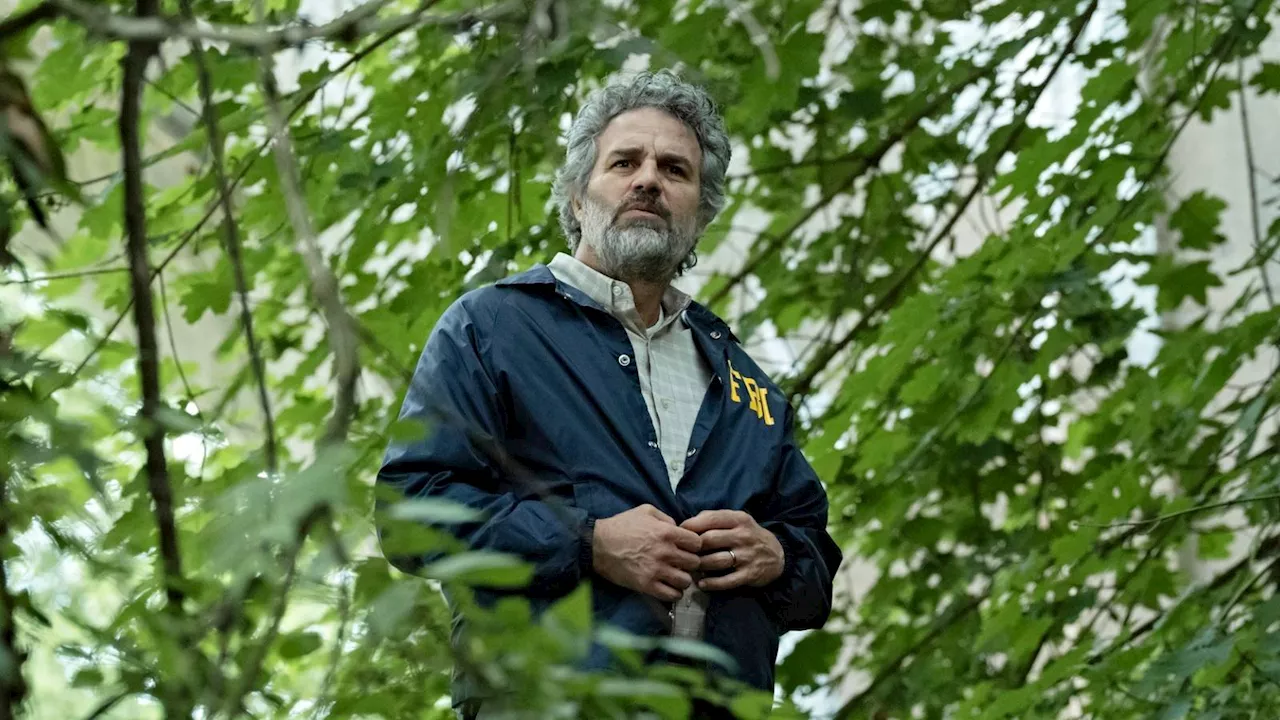
UPDATE: Sid Masson, CEO of Wokelo AI, has announced the successful launch of his AI company, securing $5.5 million across two funding rounds as of June 2023. This strategic venture, with offices in Seattle and Bengaluru, is set to revolutionize the AI-driven analytics landscape, operating around the clock thanks to a dual-time zone workforce.
Masson, 37, co-founded Wokelo AI after pivoting from a career in consulting at Deloitte, where he felt his impact was limited. He moved from India to Seattle in 2021 to pursue a master’s degree in business analytics at the University of Washington. His studies immersed him in AI technologies, leading to the realization of their potential to automate tedious tasks previously performed in consulting roles.
The company, which officially launched in 2023, is designed to maximize client access and talent acquisition across two continents. Masson revealed that while operating across two locations presents challenges, the benefits are substantial. The flexibility of hiring staff in two separate time zones allows Wokelo to function continuously, catering to clients from the Middle East to Europe.
In the startup’s early days, Wokelo bootstrapped its operations, building and testing its web app before commencing fundraising. The initial round raised $1.5 million, enabling Masson to hire personnel for sales roles in the US while his co-founder focused on tech talent in Bengaluru, often referred to as India’s Silicon Valley.
Masson emphasized the quality of talent in Bengaluru, noting that while it would be easier to recruit locally in the US, the cost-effective and skilled workforce in India provides a significant advantage. He stated, “We don’t treat our Bengaluru location as an outsourcing center. We see ourselves as one firm across time zones.”
Despite recent changes in H-1B visa sponsorships, Wokelo does not foresee any impact on its hiring strategy. The company plans to recruit local employees in the US who do not require visa sponsorship while utilizing the L-1 visa for transferring talent from India.
The logistical challenges of managing a company across different time zones are significant. Masson frequently participates in early morning or late-night calls with his co-founder, a routine they have adapted to after their consulting backgrounds. He spends approximately eight to nine months a year in the US and travels to India two to three times, often blending family visits with work.
Masson passionately advocates for both Seattle and Bengaluru, praising the vibrant tech ecosystems in each city. He describes Seattle as an underdog tech hub home to giants like Amazon and Microsoft, while Bengaluru offers unparalleled exposure to innovation and a dynamic startup culture, despite its infrastructural challenges.
As Wokelo AI continues to grow, Masson hints at the potential for hiring talent from other countries, but emphasizes the importance of understanding cultural nuances and local hiring practices. He stresses the need for founders to carefully choose their operational bases, citing the critical role location plays in a company’s success.
The launch of Wokelo AI marks a significant milestone in the AI industry, promising to bring innovative solutions to market while navigating the complexities of a dual-nation operation. Their journey is one to watch as they strive to redefine analytics through cutting-edge technology.
For those interested in the evolving landscape of AI and international business, Wokelo’s story is a compelling case study on the benefits and challenges of cross-border operations.






